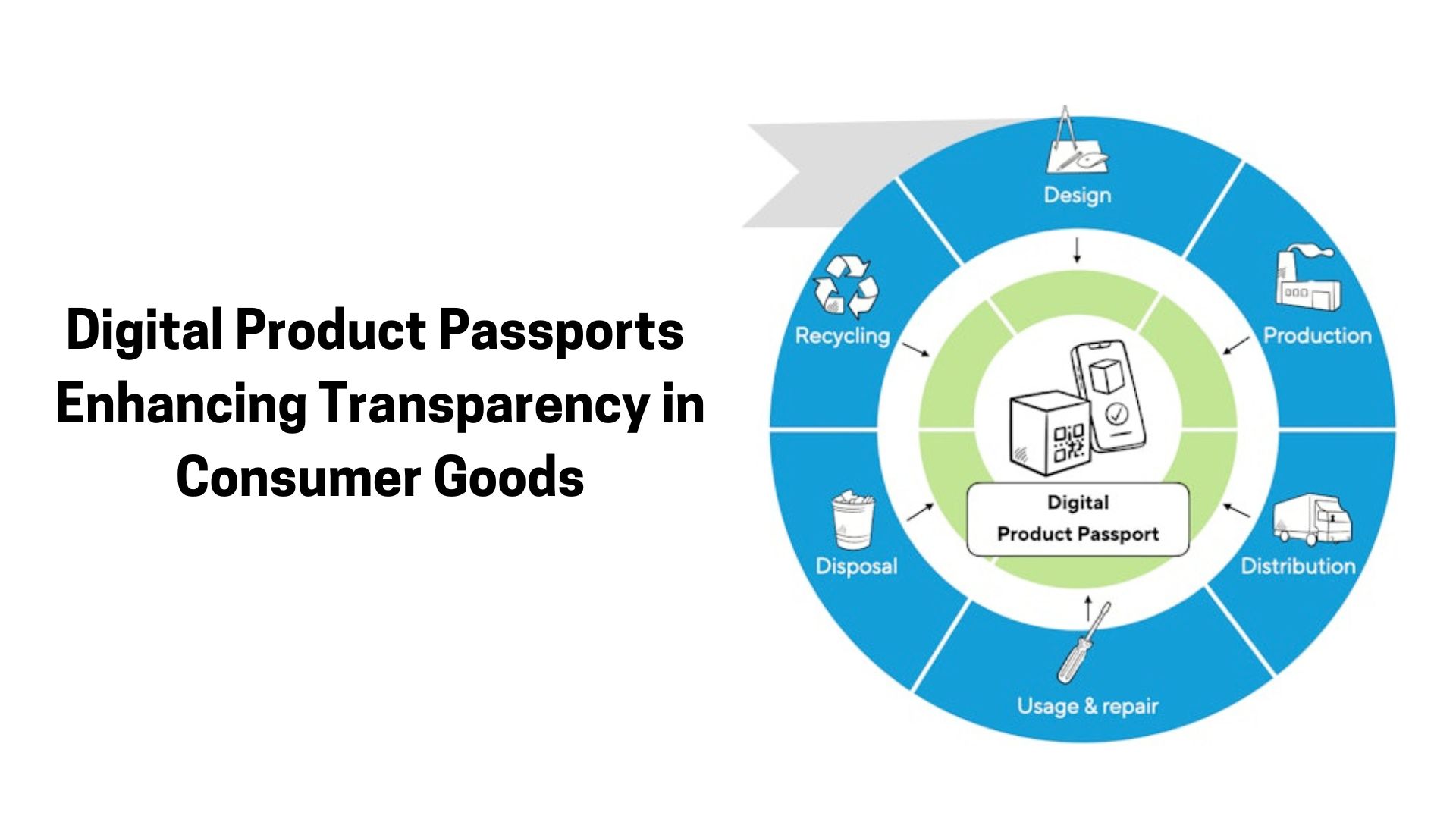Why Digital Product Passports Matter
In today’s world, consumers are more eco-conscious than ever. People want to know where their products come from, how they’re made, and what happens after use. Enter the Digital Product Passport (DPP) – a game-changer in sustainability and transparency. This digital tool revolutionizes industries by giving us access to a product’s complete lifecycle information.
What Exactly is a Digital Product Passport?
Imagine being able to scan a QR code on your favorite product and instantly accessing details about its materials, manufacturing process, carbon footprint, and even how to recycle it. That’s what a DPP does! It provides key insights such as:
- Material Composition – What’s inside and where it came from.
- Manufacturing Details – The journey from production to your hands.
- Sustainability Credentials – Carbon footprint, ethical sourcing, and eco-certifications.
- Repair & Recycling Info – Ways to extend its life or dispose of it responsibly.
These passports are often powered by blockchain or other digital tracking systems, ensuring secure, transparent, and easily accessible information.
How Digital Product Passports Benefit Us All
1. More Transparency, More Trust
Consumers demand honesty. DPPs allow brands to share verified product data, boosting trust and credibility—no more greenwashing—just accurate, traceable information.
2. A Step Towards a Circular Economy
We all know that waste is a massive problem. With clear recycling and reuse instructions, DPPs promote sustainability and reduce landfill waste, making circular consumption a reality.
3. Helping Companies Stay Compliant
Governments worldwide are setting stricter sustainability regulations. DPPs help businesses stay ahead of these rules by keeping a transparent environmental impact record.
4. Empowering Smarter Buying Choices
Access to accurate product data enables consumers to make informed choices about eco-friendly brands, ethical sourcing, and sustainability-focused products.
Industries Leading the Way
Several industries are already using DPPs to drive positive change:
- Fashion – Brands like Adidas and H&M use digital tags for transparency in sourcing and recycling.
- Electronics – Apple and Dell track materials to ensure responsible refurbishing and disposal.
- Automotive – The EU is rolling out DPPs for EV batteries to monitor sustainability and recycling efforts.
The Road Ahead: Challenges & Future Prospects
While DPPs offer exciting possibilities, they’re not without challenges:
- Standardization Issues – No universal format yet makes industry-wide adoption tricky.
- Cybersecurity Risks – Protecting sensitive product data from hackers is a top concern.
- Cost Barriers – Smaller businesses may struggle to afford DPP technology.
Despite these hurdles, the future looks bright. As technology advances and regulations tighten, Digital Product Passports are set to become the norm, driving transparency, sustainability, and accountability in consumer goods.
Final Thoughts
Digital Product Passports are more than just a trend—they’re necessary for a sustainable future. With these innovative tools, we can all contribute to a greener planet, whether as consumers, businesses, or policymakers. So next time you shop, imagine a world where every product tells its whole story. That future is closer than you think!

